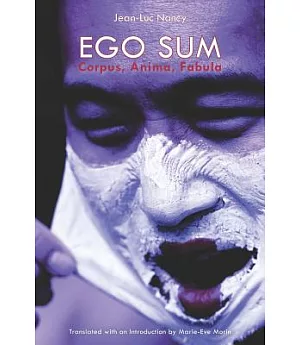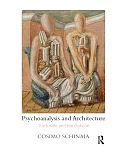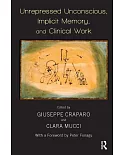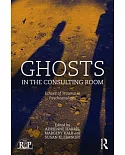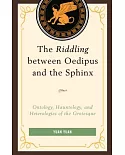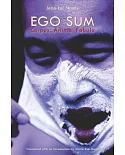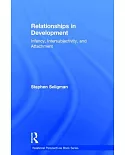Published in 1979, Ego Sum challenges, through a careful and unprecedented reading of Descartes’s writings, the picture of Descartes as the father of modern philosophy: the thinker who
founded the edifice of knowledge on the absolute self-certainty of a Subject fully transparent to itself. While other theoretical discourses, such as psychoanalysis, have also attempted to
subvert this Subject, Nancy shows how they always inadvertently reconstituted the Subject they were trying to leave behind.
Nancy’s wager is that it is by returning to the moment of the foundation of modern subjectivity, a foundation which always already included all the possibilities of its own exhaustion, that
another thought of "the subject" is possible. By paying attention the mode of presentation of Descartes’s subject, to the masks, portraits, feints, and fables that populate his writings,
Jean-Luc Nancy shows how Descartes’s ego is not the Subject of metaphysics, but a mouth spaces itself out and distinguishes itself. This "subject" speaks but he is not the speaking subject or
the subject of the utterance; he is not even the neuter, impersonal ça of ça parle; it is a mouth that opens and says, in turn: dum scribo, larvatus pro Deo, mundus est fabula, unum quid.

